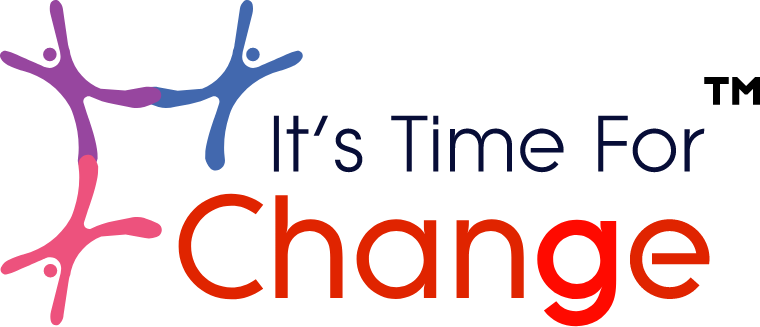Freelancing Goes Mainstream
Canada’s freelance or “gig” economy is growing rapidly, particularly after the COVID-19 pandemic. As of 2024, about 28% of Canadian adults participate in the gig economy. These freelancers have the freedom to choose their projects and work hours, allowing for a better work-life balance. They can take on multiple projects simultaneously, diversifying their income streams, and often work on varied projects, which can enhance their skill set and experience. Freelancers also operate independently, making decisions about their work without the constraints of traditional employment structures. However, despite possessing unique skills and cultural perspectives, Indigenous freelancers often face barriers to accessing mainstream freelance platforms and opportunities.
Increased Dependence on Freelancers
Canadian companies are increasingly relying on freelancers to address various operational needs. Although hiring freelancers is flexible and cost-effective, matching the right freelancer to the right job can be time-consuming and challenging.
Imagine a company specializing in sustainable technology, struggling to find skilled freelancers to handle a surge in eco-friendly projects. They need experts in environmental science, community outreach, and digital marketing but face difficulties finding reliable and culturally knowledgeable candidates.
How ITFC Addresses the Challenge
- ITFC provides a robust platform where businesses can easily access a vast network of Indigenous freelancers. This helps companies find qualified candidates with unique local knowledge and community insights, which can be challenging to identify independently.
- By offering detailed freelancer profiles and a comprehensive database, ITFC ensures businesses can review and select freelancers whose skills and experience match their project needs, improving quality assurance and reliability.
